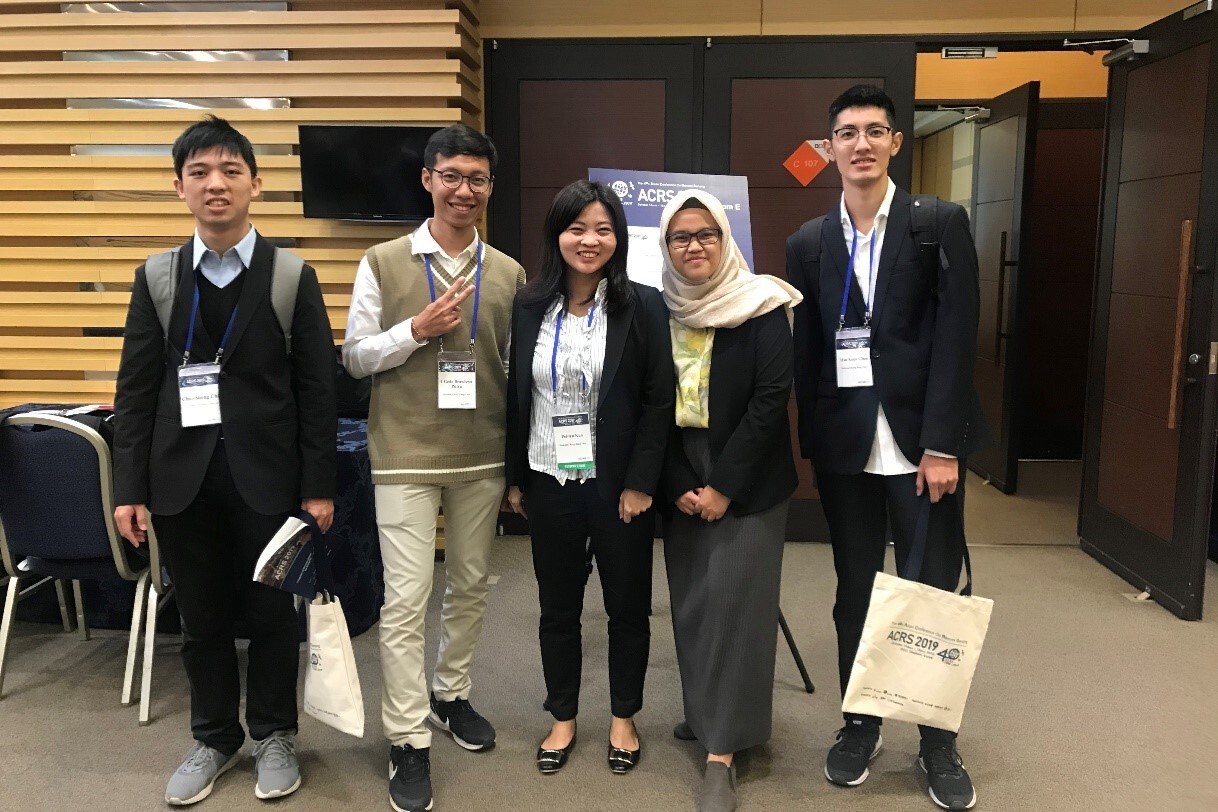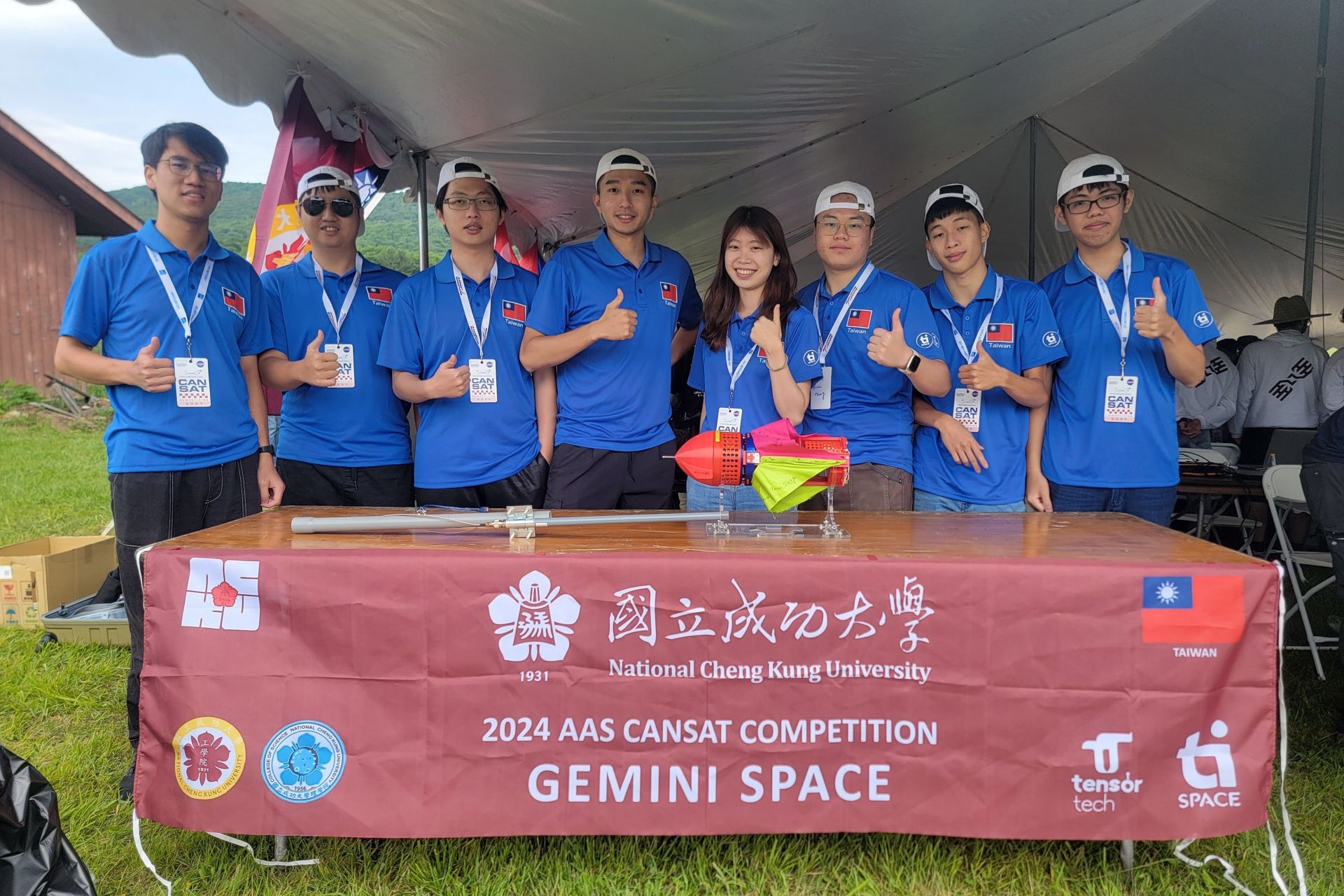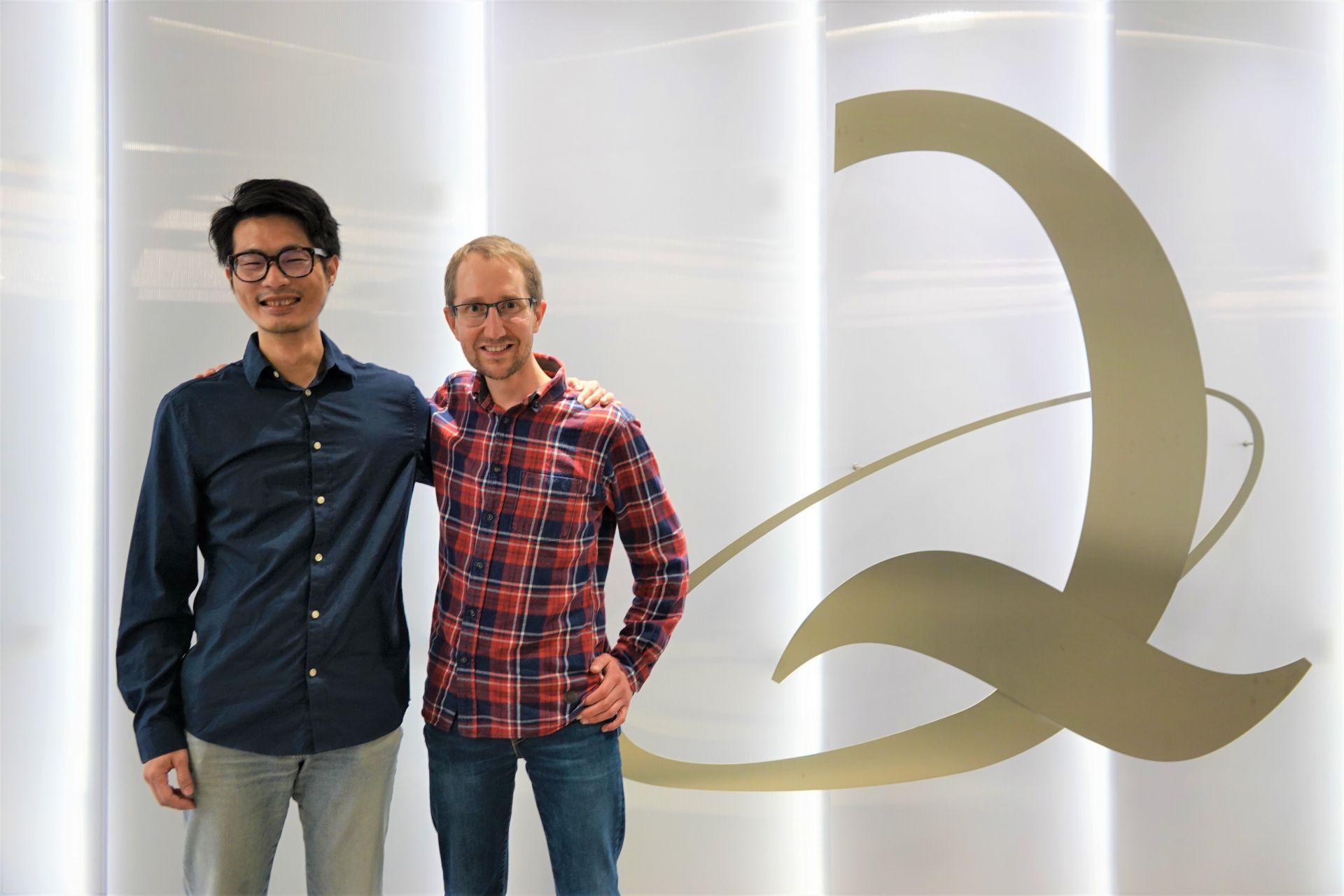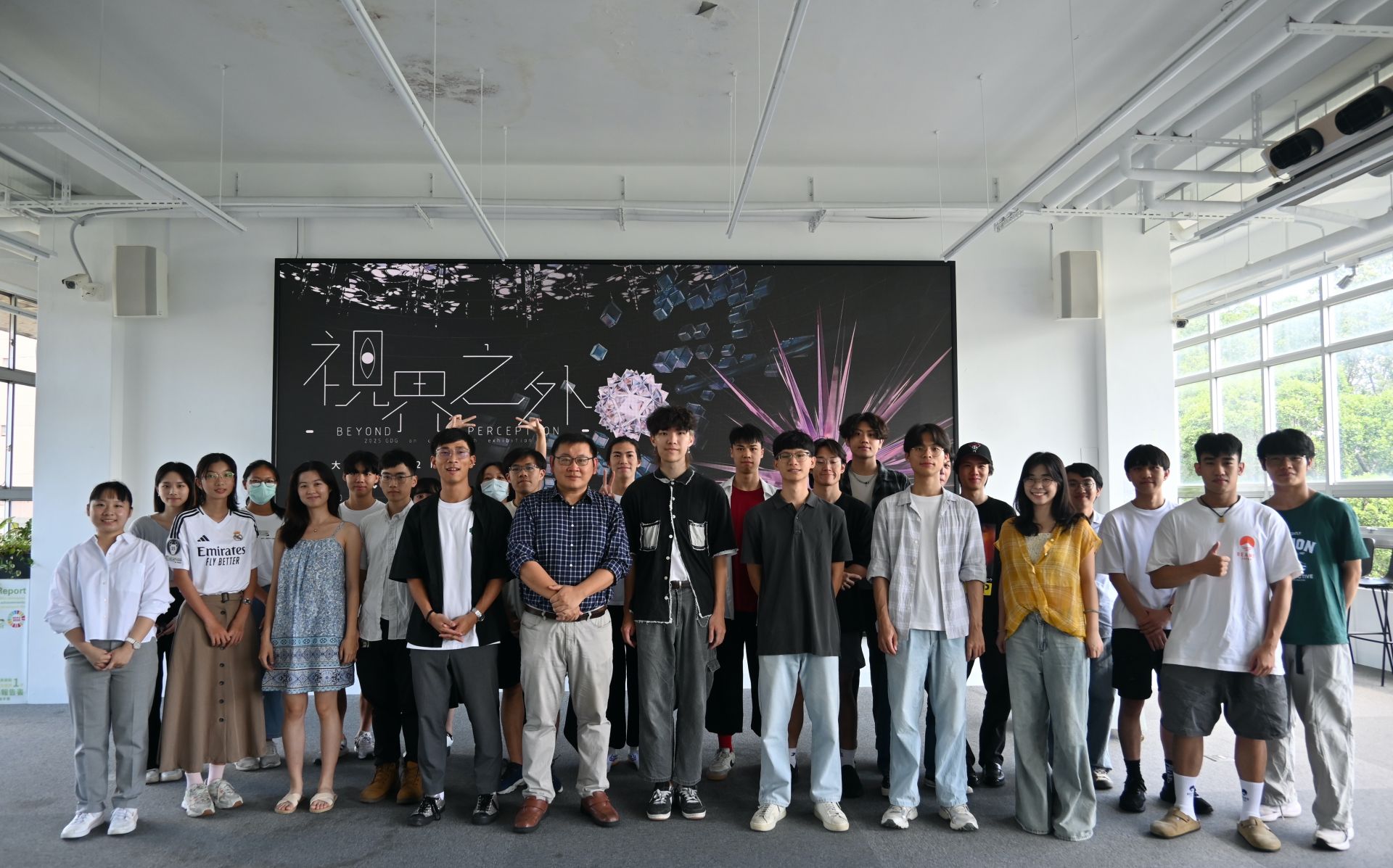SDG9
Innovative Cross-Disciplinary Research: Spatiotemporal Analysis of Traffic Safety by NCKU's Associate Professor Pei-Fen Kuo
The research paper titled "Space-Time Analysis of Pokémon Go! Events and Shared Bike Usage" by Associate Professor Pei-fen Kuo from the Department of Geomatics at National Cheng Kung University (NCKU) was published in the renowned international journal Transportation Research Part A: Policy and Practice in 2021. This innovative cross-disciplinary research topic explores the intersection of transportation and spatiotemporal analysis, earning her the 112th Ta-You Wu Memorial Award. Growing and thriving in the excellent research environment at NCKU, Dr. Kuo successfully connects various fields through interdisciplinary research projects within the university, garnering recognition from the academic community in Taiwan.
"Space-Time Analysis" was the first elective course introduced by Dr. Kuo upon joining NCKU as an assistant professor. Through the application of spatial statistical models, spatiotemporal data mining, and trajectory data analysis, her research focuses on analyzing human spatial behavior and its interaction with the environment to improve traffic safety and efficiency. Examples of her research include analyzing changes in urban travel behavior due to Pokémon Go! events, studying traffic safety, human transportation behavior, crime spatiotemporal characteristics, and air pollution prevention. During her tenure at NCKU, Dr. Kuo has published 12 papers in international journals and presented at 9 international conferences.
"I leveraged my existing expertise in civil engineering and transportation, combined with the support of NCKU professors and interdisciplinary research projects, to explore many innovative research topics," said Dr. Kuo. She obtained her Ph.D. in Transportation Engineering from Texas A&M University in 2012, served as an assistant professor in the Department of Crime Prevention at Central Police University from 2014, and joined NCKU's Department of Geomatics as an assistant professor in the summer of 2017. In the vibrant and creative environment at NCKU, alongside interdisciplinary colleagues, she embarked on a new journey of innovative research.
"The faculty in the department have provided me with full support, allowing me to introduce new elective courses such as spatial statistics and spatiotemporal analysis, enabling students to explore more applications in social sciences on top of the engineering foundation in surveying technology," noted Dr. Kuo. "The professors generously shared various research resources, academic connections, research labs, and equipment, helping me overcome challenges such as limited manpower, funding, and student enrollment for a new faculty member." Additionally, during 2020, while expecting her second child, she received heartwarming assistance from her department colleagues, allowing her to complete the semester teaching GIS applications.
"I am deeply grateful for the support provided by NCKU," emphasized Dr. Kuo during the interview. As a female scientist, she particularly appreciated the 3-year support project provided by the Ministry of Science and Technology, creating a parent-friendly academic environment and securing sufficient funding to recruit excellent doctoral students to enhance research and publication capabilities.
"NCKU President Meng-Ru Shen's emphasis on interdisciplinary research projects within the university has led me to explore broader research areas," said Dr. Kuo. "President Shen encourages NCKU faculty to engage in at least 3 interdisciplinary research projects, inspiring more active collaboration among faculty members." Recently, she participated in a research project on elderly activities and living spaces led by NCKU's Institute of Gerontology, focusing on planning and analyzing data collection for the target population, assisting in subsequent spatial analysis.
NCKU has been promoting sustainable interdisciplinary integration projects, encouraging faculty members to propose cross-disciplinary research topics and apply for research grants. Dr. Kuo collaborated with professors from the Department of Architecture and the Department of Psychology to explore age-friendly environments using retired NCKU faculty members as research subjects. She also collaborated with professors from the Department of Computer Science, the Department of Traffic and Transportation Engineering, and the Department of Civil Engineering to integrate soil sensors and linked traffic control networks for data analysis in areas prone to debris flows.
The innovative research and contributions to traffic safety were key highlights in the selection of this year's Ta-You Wu Memorial Award. Dr. Kuo started with a scientific basis in spatiotemporal analysis, proposing innovative research perspectives, conducting precise analysis using micro-level crash data, and applying innovative platform methods to visualize and quantify spatial correlations, providing clear definitions for hotspots in traffic safety issues, marking the first application in traffic safety research.
A new research topic that Dr. Kuo is currently working on the spatiotemporal analysis of the next generation of road users. By simulating and analyzing "next-generation" road users using spatial data, including high-precision maps, autonomous driving, and traffic flow simulation software, she defines safe operating areas for autonomous vehicles. She also uses lidar active remote sensing technology and Google Street View recognition to analyze the impact of sidewalk and walkway space quality on vulnerable road users, as well as studying shared transportation modes such as delivery platform motorcycles and mini electric scooters. Dr. Kuo, who cares deeply about road user safety and welfare, hopes to conduct more research on the traffic safety of living environments based on her expertise in spatiotemporal analysis, continuously realizing the United Nations Sustainable Development Goals: SDG 3, promoting healthy lifestyles and well-being for all ages, and SDG 11, making cities and human settlements inclusive, safe, resilient, and sustainable.
"Space-Time Analysis" was the first elective course introduced by Dr. Kuo upon joining NCKU as an assistant professor. Through the application of spatial statistical models, spatiotemporal data mining, and trajectory data analysis, her research focuses on analyzing human spatial behavior and its interaction with the environment to improve traffic safety and efficiency. Examples of her research include analyzing changes in urban travel behavior due to Pokémon Go! events, studying traffic safety, human transportation behavior, crime spatiotemporal characteristics, and air pollution prevention. During her tenure at NCKU, Dr. Kuo has published 12 papers in international journals and presented at 9 international conferences.
"I leveraged my existing expertise in civil engineering and transportation, combined with the support of NCKU professors and interdisciplinary research projects, to explore many innovative research topics," said Dr. Kuo. She obtained her Ph.D. in Transportation Engineering from Texas A&M University in 2012, served as an assistant professor in the Department of Crime Prevention at Central Police University from 2014, and joined NCKU's Department of Geomatics as an assistant professor in the summer of 2017. In the vibrant and creative environment at NCKU, alongside interdisciplinary colleagues, she embarked on a new journey of innovative research.
"The faculty in the department have provided me with full support, allowing me to introduce new elective courses such as spatial statistics and spatiotemporal analysis, enabling students to explore more applications in social sciences on top of the engineering foundation in surveying technology," noted Dr. Kuo. "The professors generously shared various research resources, academic connections, research labs, and equipment, helping me overcome challenges such as limited manpower, funding, and student enrollment for a new faculty member." Additionally, during 2020, while expecting her second child, she received heartwarming assistance from her department colleagues, allowing her to complete the semester teaching GIS applications.
"I am deeply grateful for the support provided by NCKU," emphasized Dr. Kuo during the interview. As a female scientist, she particularly appreciated the 3-year support project provided by the Ministry of Science and Technology, creating a parent-friendly academic environment and securing sufficient funding to recruit excellent doctoral students to enhance research and publication capabilities.
"NCKU President Meng-Ru Shen's emphasis on interdisciplinary research projects within the university has led me to explore broader research areas," said Dr. Kuo. "President Shen encourages NCKU faculty to engage in at least 3 interdisciplinary research projects, inspiring more active collaboration among faculty members." Recently, she participated in a research project on elderly activities and living spaces led by NCKU's Institute of Gerontology, focusing on planning and analyzing data collection for the target population, assisting in subsequent spatial analysis.
NCKU has been promoting sustainable interdisciplinary integration projects, encouraging faculty members to propose cross-disciplinary research topics and apply for research grants. Dr. Kuo collaborated with professors from the Department of Architecture and the Department of Psychology to explore age-friendly environments using retired NCKU faculty members as research subjects. She also collaborated with professors from the Department of Computer Science, the Department of Traffic and Transportation Engineering, and the Department of Civil Engineering to integrate soil sensors and linked traffic control networks for data analysis in areas prone to debris flows.
The innovative research and contributions to traffic safety were key highlights in the selection of this year's Ta-You Wu Memorial Award. Dr. Kuo started with a scientific basis in spatiotemporal analysis, proposing innovative research perspectives, conducting precise analysis using micro-level crash data, and applying innovative platform methods to visualize and quantify spatial correlations, providing clear definitions for hotspots in traffic safety issues, marking the first application in traffic safety research.
A new research topic that Dr. Kuo is currently working on the spatiotemporal analysis of the next generation of road users. By simulating and analyzing "next-generation" road users using spatial data, including high-precision maps, autonomous driving, and traffic flow simulation software, she defines safe operating areas for autonomous vehicles. She also uses lidar active remote sensing technology and Google Street View recognition to analyze the impact of sidewalk and walkway space quality on vulnerable road users, as well as studying shared transportation modes such as delivery platform motorcycles and mini electric scooters. Dr. Kuo, who cares deeply about road user safety and welfare, hopes to conduct more research on the traffic safety of living environments based on her expertise in spatiotemporal analysis, continuously realizing the United Nations Sustainable Development Goals: SDG 3, promoting healthy lifestyles and well-being for all ages, and SDG 11, making cities and human settlements inclusive, safe, resilient, and sustainable.
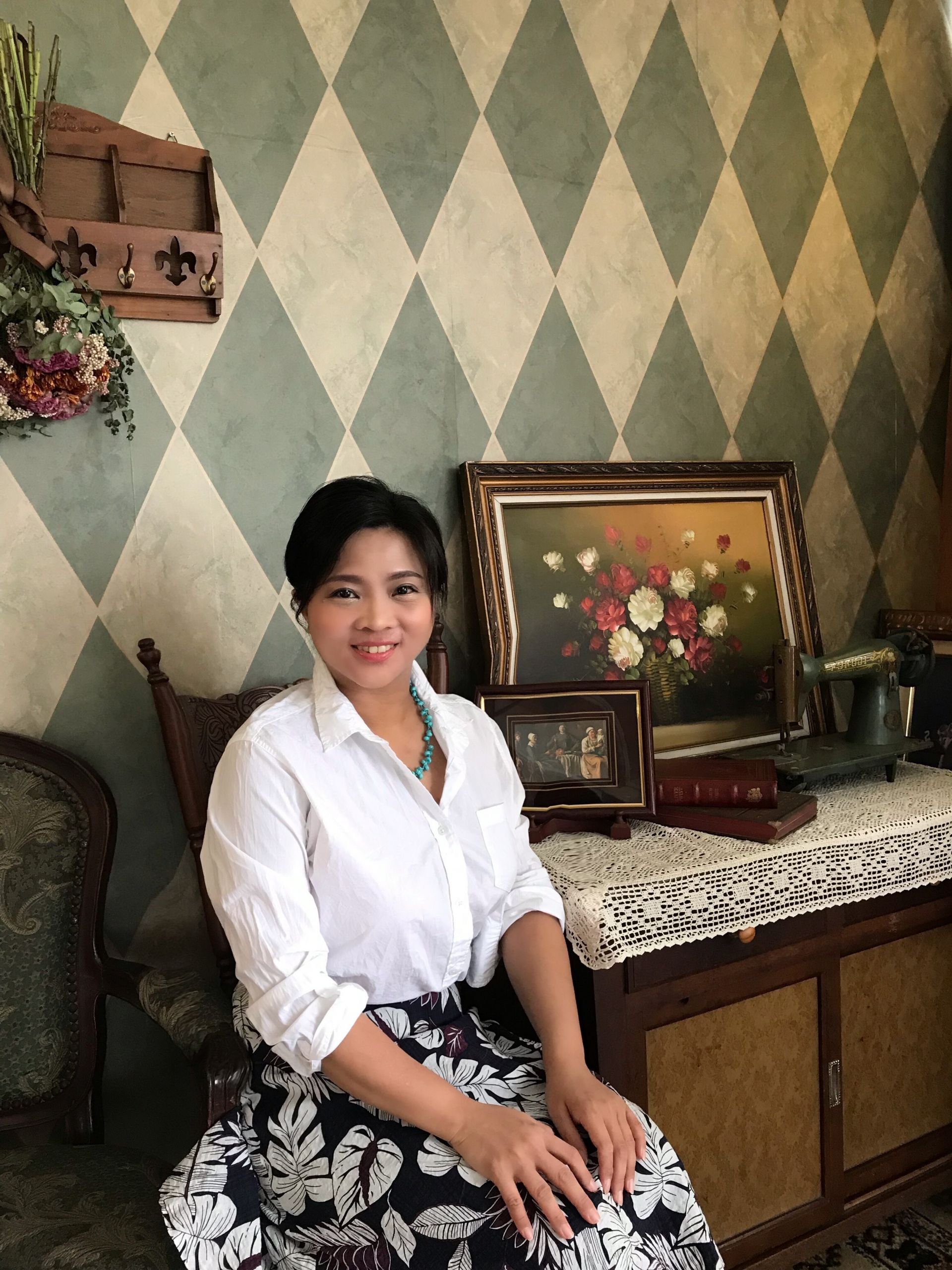
Dr. Kuo expresses her gratitude to the faculty members of the university for their full support, enabling her to pursue interdisciplinary and creative research topics.

